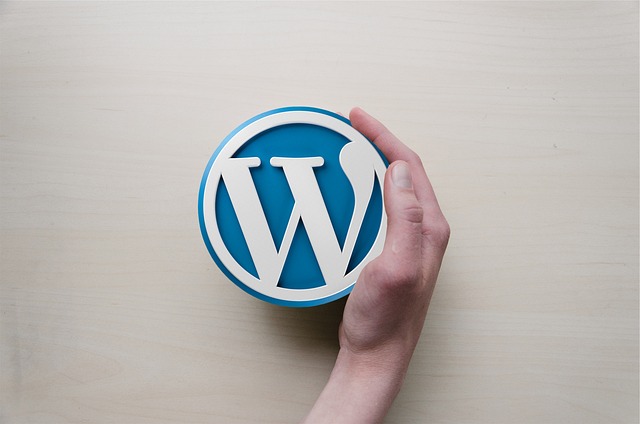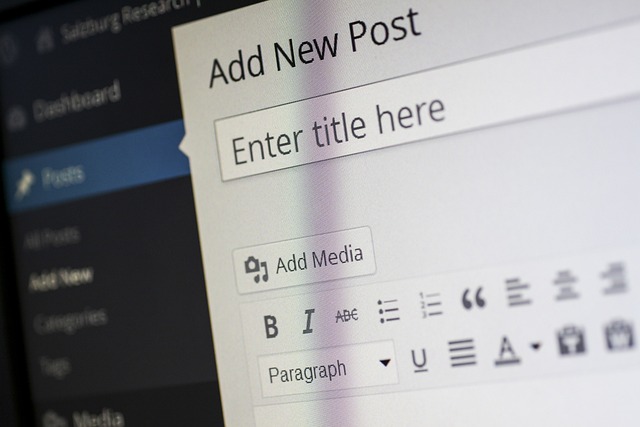Over 500 new WordPress sites go live daily, and their number is only growing. Choosing the right hosting provider for your site is a crucial aspect of its development.
A poor choice can expose your site to frequent crashes, poor loading speeds, security breaches, and other issues. Here are some tested tips for finding the right WordPress hosting provider for your needs.

Know the Difference Between Types of Hosting
Each type of hosting has its pluses and minuses. You can choose from virtual private server (VPS) hosting, shared, cloud, and dedicated hosting. Each type comes with two subtypes – unmanaged and managed hosting.
Shared hosting is usually the cheapest. The most expensive is dedicated, and VPS is in between the two. You’ll pay a premium for managed hosting for each of these types.
With cloud and shared hosting, you share a server with other websites. VPS hosting also comes with a shared server, but your site is separated from the others. If you opt for dedicated hosting, you’ll have the whole server to yourself, and you can customize it to your specific preferences and needs.
Managed hosting is like having a personnel helper. The provider will back up your site, install the latest software versions, and monitor it for security breaches. You’re only responsible for the content.
As the focus of this article is on WordPress, you need a hosting provider that serves WordPress specifically because their server will be optimized to run at peak performance for WordPress.
The best hosting providers offer all three options. For example, GreenGeeks can be your one-stop shop for WordPress hosting in Canada.
Set a Budget
Make sure you set an approximate budget. Your WordPress website will incur additional costs, and you want to be able to accommodate these extra needs. They can include the following:
- New plugins
- Subscription fees for e-commerce services
- Freelance contributors and content creators
- Custom domain name registration
- Check the security features
Read Also:
Keeping your site secure is one of your WordPress host’s most important tasks. Below are some examples of good security measures:
- Firewalls
- DDoS (Distributed Denial of Service) protection
- Virus scanning
- Domain privacy
- Server hardening
- Brute force defense
- SSL
Make sure you understand the extent to which your host will handle your site’s security. In general, the less you pay, the more responsibility you’ll have for security.
Know Your Deal-Breakers
Hosting services offer a lot of features, including things you might not need at this point. You can start by creating a list of needs and wants for your unique website. The list should start with things you can’t do without. Here are a few examples:
- Bandwidth–How much traffic do you expect?
- Storage or disk space–How much is available?
- RAM–How much do you need in memory?
- Organization–Is there a control panel?
- Quantity–How many sites will you have?
- Backups–Are they included, or must you pay extra?
- SSL–This is a must-have security feature.
- Backups-Are they automatic? How often?
- Will the host handle the migration of your site?
- Control–Full root access or access control?

Consider Customer Service
It’s a good idea to get in touch with the customer support team before committing to a hosting plan. This way, you can check how helpful and fast their responses are. You should also find out how they handle support requests.
Ideally, they’d have several channels, such as live chat, email, and by phone. Do they use a chatbot or a ticketing system? Find out what their response times are.
Read Also:
Reliability and Speed should be a Priority
Website loading time is a crucial element of user experience. It’s also critical in your SEO efforts because Google promotes a good user experience.
In the best case, your site should load in less than two seconds. Many visitors will leave if it takes longer. It is estimated that 40% of visitors will abandon a website if it takes three or more seconds to load.
Ask your potential hosting provider what the percentage of uptime is. It should be at least 99.97%. This is equivalent to about two and a half hours of downtime per year. 100% uptime is unrealistic.



















